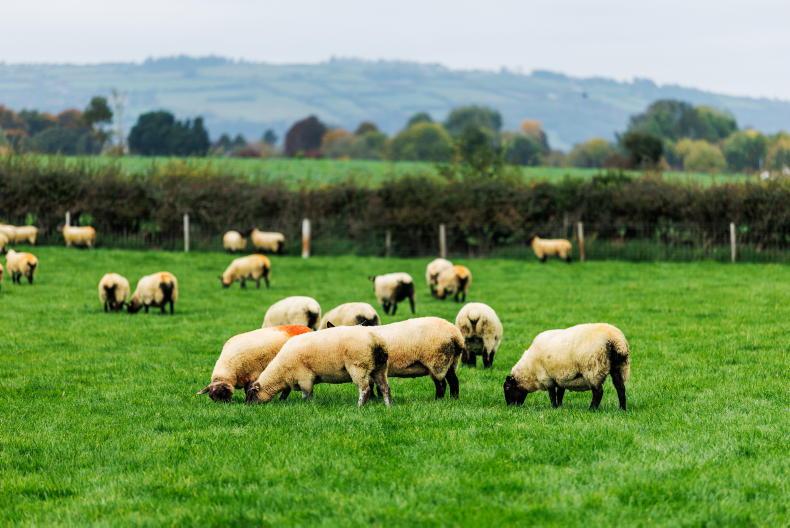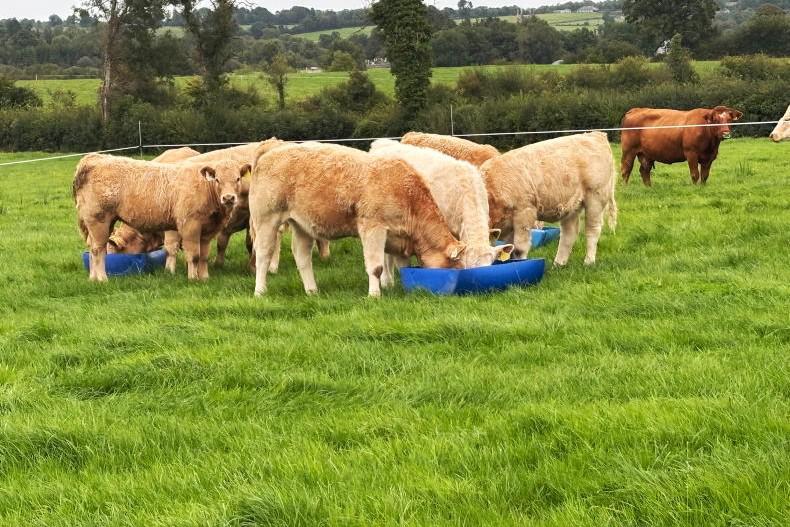Scour vaccine
With spring calving just around the corner, some planning and organisation can make things a lot easier. Calf scour can cause a lot of stress to both man and beast at calving. Where there has been a history of calf scour on the farm, it may be worth considering using a scour vaccine.
Cost should also be taken into account, as these vaccines can often cost close to €10-€12 per dose. The timing of administration will depend on which product you use. There are three products on the market. Rotavac Corona is a one-shot vaccine that should be administered from 12 to three weeks pre-calving).
January-calving cows can get the vaccine from now on. Bovigen is also a one-shot vaccine. In year one, Trivacton 6 requires a primary shot followed by a booster shot. The primary should be administered six weeks pre-calving, with the booster administered four weeks after the primary shot. In subsequent years, these cows will only require a booster shot six to two weeks pre-calving.
A new vaccine has just been launched in 2024 to help prevent cryptosporidiosis (crypto) in young calves. The vaccine can be purchased from your local vet or animal pharmacy. Bovilis Cryptium can be administered at the same time (in a different site) as Bovilis Rotavec Corona, which covers the three other main scour-causing agents – rotavirus, E coli and coronavirus.
These vaccines should be given to dry cows between 12 and three weeks pre-calving. However, unlike Rotavec, which is an annual single-shot vaccine given into the muscle, Cryptium is a subcutaneous vaccine, with two doses required in the first year, administered four to five weeks apart. Each dose of Cryptium is expected to be similar in price to a single dose of Rotavec.
It is important to follow the administration guidelines accurately. Vaccinating the cow prior to calving will allow her to produce antibodies against the main scour-causing bacteria and viruses.
As these antibodies do not pass from the cow to the calf prior to birth, the vaccine will be wasted if the calf does not acquire colostrum from its mother after birth. Ideally, the calf should get about three litres of colostrum within two hours of birth.
As the effectiveness of the vaccine will depend on the passive transfer of antibodies from the mother, it’s important that this is followed through on. Clean calving pens and adequate colostrum are absolutely essential for preventing scour taking over at calving time
Happy new year
A happy new year to all our readers. I hope that 2025 will be a progressive and prosperous one for everybody. It’s great to get emails and messages from readers commenting about what is written on the livestock pages. If you would like to get in touch or if you think there is something that should be covered on the livestock pages you can get in touch with me at awoods@farmersjournal.ie










SHARING OPTIONS